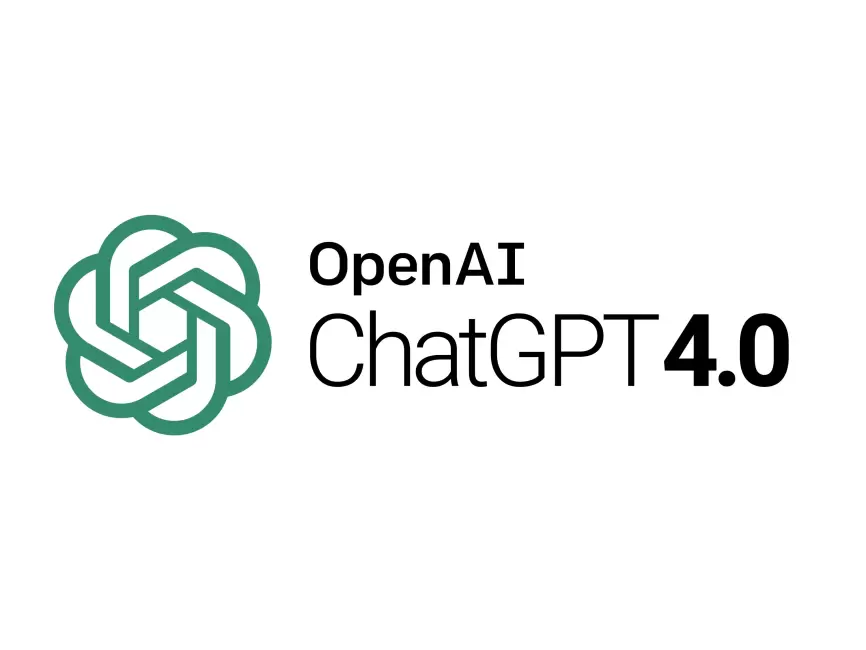ChatGPT - Free Version

Tool Overview:
ChatGPT is a Large Language Model (LLM) that uses generative AI based on text prompts to answer questions in natural language.
Availability: Browser-based Mobile-friendly Synchronous
Advantages:
- Conversational: ChatGPT is designed to engage in conversational interactions. It can understand and respond to prompts in the context of ongoing conversations, allowing for back-and-forth exchanges
- Natural Language Processing: It leverages advanced natural language processing techniques to understand and generate text. It can comprehend the meaning, syntax, and semantics of human language to generate coherent and contextually relevant responses.
- Broad Knowledge Base: ChatGPT has been trained on a diverse range of internet text, giving it access to a wide variety of knowledge. It can provide information and answer questions on a wide range of topics, including general knowledge, science, history, technology, and more.
- Contextual Understanding: ChatGPT has the ability to understand and remember previous parts of a conversation. It can maintain context and use that information to generate more accurate and meaningful responses.
- Creative and Open-Ended: ChatGPT can generate creative and original responses. It can provide opinions, suggestions, and even engage in storytelling, making it suitable for tasks that require imaginative and open-ended thinking.
- Multilingual Support: While the GPT-3.5 model primarily supports English, it can also handle several other languages to some extent. However, its performance may vary across different languages.
- User Guidance: ChatGPT allows users to guide the conversation by providing instructions or examples. By specifying the desired format or asking it to think step-by-step, users can influence the style and content of the generated response.
Limitations:
- Lack of Real-World Understanding: ChatGPT lacks genuine comprehension and real-world knowledge. It doesn't possess personal experiences or access to real-time information beyond its training data, so it may not have up-to-date information or understand current events.
- Sensitivity to Input Phrasing: The way a question or prompt is phrased can significantly affect the model's response. ChatGPT is highly sensitive to slight changes in wording and may provide different answers or interpretations based on small modifications in the input.
- Overconfidence and Incorrect Answers: ChatGPT may sometimes generate answers that sound plausible but are factually incorrect. It doesn't have an inherent fact-checking mechanism and may provide inaccurate or misleading information, especially on subjective or contentious topics.
- Lack of Critical Thinking: ChatGPT doesn't possess critical thinking abilities or the ability to evaluate the accuracy or quality of its own responses. It generates responses based on patterns it has learned from training data, which can sometimes result in nonsensical or irrational answers.
- Tendency to Guess: In situations where it doesn't have enough information or context, ChatGPT may attempt to guess the user's intent. These guesses can be incorrect and lead to irrelevant or confusing responses.
- Potential Biases and Inappropriate Content: The model is trained on data from the internet, which may contain biased or offensive content. While efforts have been made to mitigate this, there is still a possibility that ChatGPT may exhibit biased behavior or generate inappropriate responses.
- Lack of Emotional Understanding: ChatGPT doesn't possess emotional understanding or empathy. It can't gauge or respond appropriately to emotions expressed by users, and its responses may come across as robotic or insensitive in emotionally charged situations.
This tool is available to: Free/Open Access, Free/Subscription Required
This tool can be integrated with: No Integration
Gradebook Integration: No
Gradebook can be exported: N/A
Classlist full integration with onQ: N/A
Class roster and groups need to be updated manually if onQ changes: N/A
- No UDL information available
No screen reader compatibility information available
No Alt Text accessibility information is provided.
No information regarding closed captions is provided
Support available through: Vendor Support
For Support, visit: ChatGPT Support